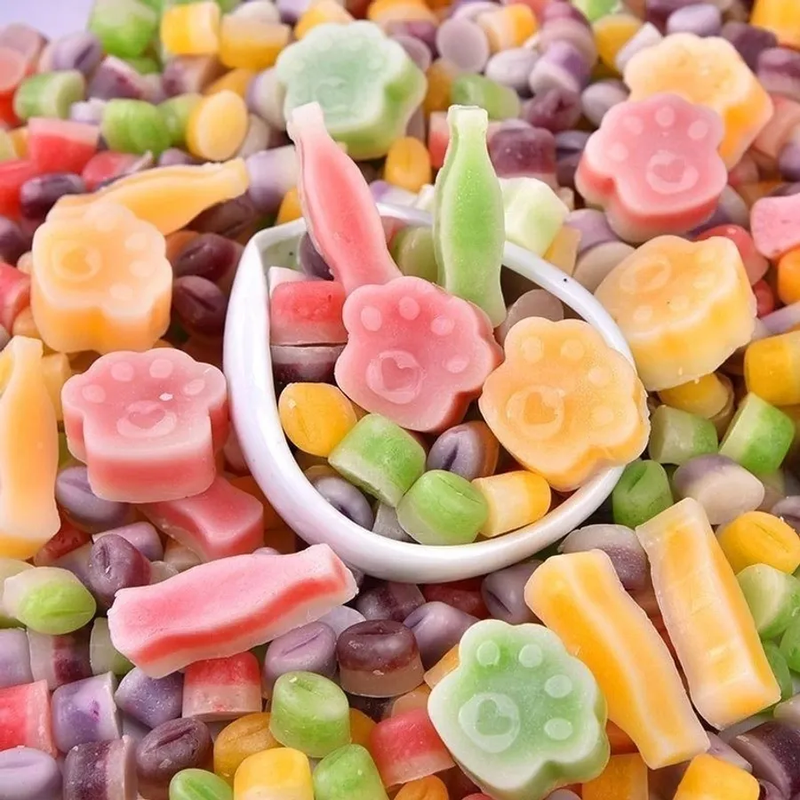
10 Banned Chinese Food Products in the U.S.: What Americans Need to Know
In recent years, the U.S. has banned the import of several Chinese food products due to serious safety concerns. These bans reflect growing anxiety about the potential health risks posed by toxic chemicals, fake ingredients, and unsafe farming practices often associated with Chinese exports. Here are 10 Chinese food items currently restricted or banned from entering the U.S., and the reasons why Americans should take notice.
Chinese eggs have been found to contain paraffin wax and calcium carbonate to extend shelf life and mask spoilage. Many are also cracked or expired, raising major food safety concerns.
Chinese green peas often contain non-natural food coloring agents. These peas may remain hard even after 20 minutes of boiling, and the cooking water turns an unnatural green—signs of chemical additives, some of which are potentially carcinogenic.
Excessive use of pesticides has been found in Chinese-exported watermelons. While pesticides may enhance appearance, the unknown long-term health effects have prompted bans to protect consumers from toxic exposure.
Chinese garlic is notorious for high levels of pesticide residue, especially dangerous due to garlic’s natural ability to absorb chemicals from the soil and environment.
Investigations revealed that Chinese "beef" exports often contain meat from unknown sources mixed with beef. This raises major concerns over food fraud and potential contamination.
Chinese rice exports have tested positive for synthetic resins—chemicals that resemble plastic. These resins are not meant for consumption and have sparked international alarm over fake or adulterated food.
Batches of Chinese black pepper were found to be mixed with dirt, pebbles, and other foreign materials, calling into question the hygiene standards and intentional adulteration in the supply chain.
Fish raised in Chinese fish farms are often fed with high levels of antibiotics and antifungals, along with being exposed to polluted pond water. This contamination directly threatens public health.
Despite being the world’s top apple juice exporter, Chinese products have been found to contain arsenic, a toxic heavy metal linked to cancer and neurological damage.
Also known as “fěn tiáo,” these noodles have tested positive for industrial dyes, paraffin wax, and chemical additives, all of which are hazardous to human health and banned under U.S. food safety standards.
These food bans are not just bureaucratic trade policies—they reflect a broader concern about China's food safety system, which has been plagued by scandals involving tainted milk, plastic rice, and counterfeit meat.
With China being a major global food exporter, it is critical for American consumers to remain informed and cautious. Buying from reputable sources, checking food origins, and reading ingredient labels can help protect families from hidden health threats.
Americans must stay alert: “What you eat matters.” China's lax regulations and history of food fraud aren’t just a problem overseas—they can affect every home, grocery store, and restaurant in the U.S.